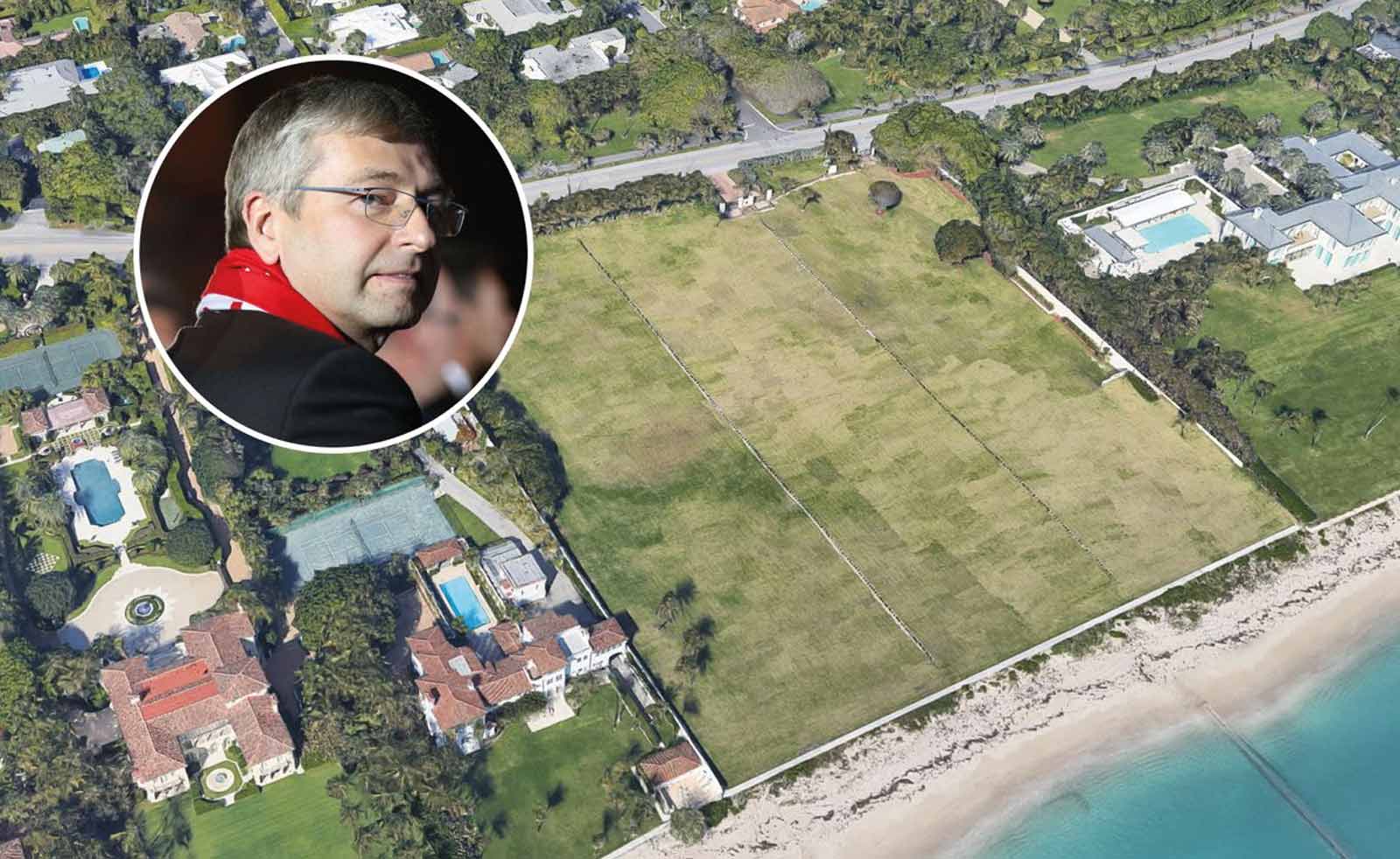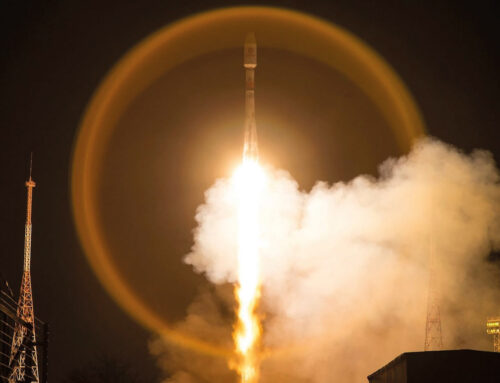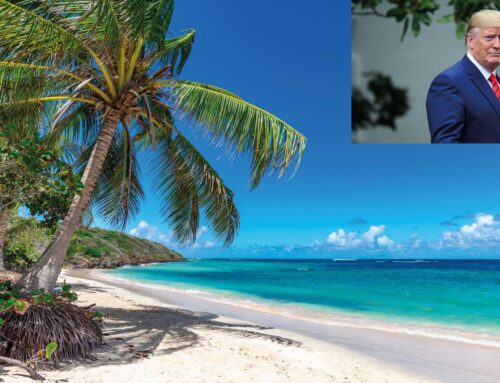PRESIDENT TRUMP AND THE MYSTERY OF THE SALE OF HIS HOUSE IN PALM BEACH, FLORIDA.
The following is an extract from the memoirs of Michael Cohen – ‘Disloyal – The True Story of the Former Personal Attorney to President Donald J Trump’:
Trump had long experience benefitting from ill-gotten Russian largesse, selling luxury condos to many oligarchs and their minions. A decade earlier, Trump had bought a Palm Beach monstrosity called the Maison de l’Amitie, a 66,000-square-foot architectural nightmare built by a terrible-taste tycoon who moved to Florida from Massachusetts to become a philanthropist and socialite only to declare bankruptcy. The mansion was gaudy, over the top, a sprawl of rambling and disconnected styles and an eye sore. Right up Trump’s alley, in other words, with the added benefit of the deal offering him the chance to prey on the remains of the formerly super-rich estate. Trump paid just over $40 million, put a few licks of paint on the mansion—no doubt third-rate Super Hide from Benjamin Moore, like at Doral—and then listed it for $125 million. It was the jet-set version of Flip This House. The house sat on the market for more than a year until a Russian oligarch named Dmitry Rybolovlev came along and Trump knew he had a live one on the hook.
Rybolovlev was known as the “fertilizer king” of Russia, worth $10 billion, and he and his daughter bought the world’s most expensive real estate the way others might splurge on a pair of shoes. Rybolovlev’s tastes and appetites matched the Boss in their shameless conspicuous consumption; there was no question that the Russian’s wealth had been obtained in dubious ways.
Rybolovlev and his daughter Ekaterina were what Trump would call “real beauties.”
The Russians bought the house from Trump for $95 million in 2008, an inflated price paid on the eve of the real estate collapse and global financial crisis, at the time the largest price ever paid for a private residence in the United States. Trump told me that the price had not really been an issue. He explained that the Russians were not really spending their own money when they made their excessive purchases of European soccer teams and super yachts and Central Park South penthouses. The oligarchs could enjoy the assets, but always and forever at the pleasure of Vladimir Putin, the new tsar, and displeasing him meant risking their fortunes but also their lives.
“The oligarchs are just fronts for Putin,” Trump told me. “He puts them into wealth to invest his money. That’s all they are doing—investing Putin’s money.” Trump was convinced the real buyer of Maison de l’Amitie was Vladimir Putin. “There’s a bank in Switzerland that’s got one and only one customer,” Trump told me. “There are rumors about that,” I replied. “I know it for a fact,” Trump replied. “Putin is worth more than a trillion dollars.”
As the election wore on, I began to believe that Trump secretly wanted Putin’s kind of power for himself



